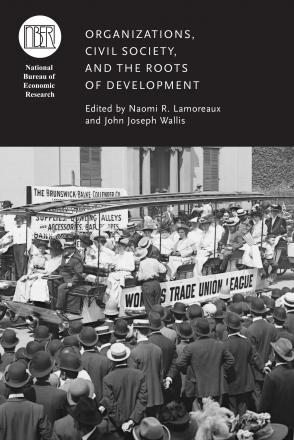Pluralism without Privilege? "Corps Intermédiaires", Civil Society, and the Art of Association

We trace shifts in treatments of intermediate groups among some 18th and 19th century liberal and democratic political theorists. This era encompasses the emergence of fully liberal political and social theory, and early liberal political practice, in France, the UK, and the US, and was identified by North, Wallis, and Weingast as the decades when those societies made the transition to “open access” political, economic, and legal orders. This transition partly consists of the democratization of organizational tools previously open to the elite, such as shifting from specially chartered monopolistic corporations to general incorporation laws, and from parliamentary oligopolistic party competition to modern parties competing in wide-suffrage elections. To varying degrees the early liberal theorists anticipated pluralism without privilege, but doubted its probability. They offered reasons to prefer pluralism with privilege to the absence of both. They worried that centralization might be the preeminent fact of modern state consolidation, and that purely voluntary, equal, associational pluralism might be unable to check it. Pluralism grounded in ancient regime privilege and status, in entrenched jurisdictional pluralism within the constitutional order, or in pre-political cultural and customary ties might be needed to motivate oppositional political action that could protect pluralism and freedom.
-
Copy CitationJacob T. Levy, Organizations, Civil Society, and the Roots of Development (University of Chicago Press, 2016), chap. 3, https://www.nber.org/books-and-chapters/organizations-civil-society-and-roots-development/pluralism-without-privilege-corps-intermediaires-civil-society-and-art-association.Download Citation


